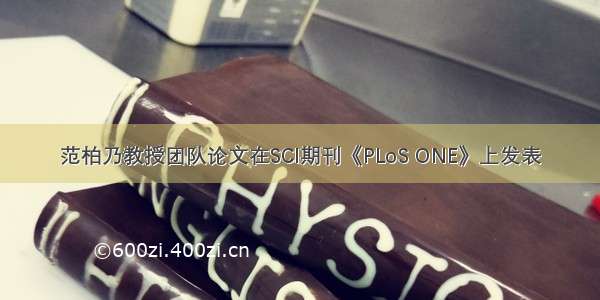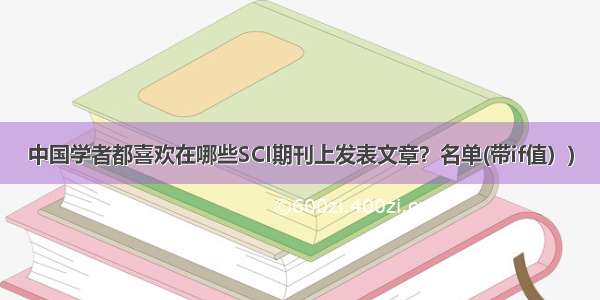
近日,由浙江大学范柏乃教授和博士生张茜蓉撰写的神经公共管理学的跨学科论文《Does the aura surrounding healthy-related imported products fade in China? ERP evidence for the country-of-origin stereotype》在《PLoS ONE》上发表。《PLoS ONE》是SCI检索期刊,影响因子2.776,五年影响因子3.34.
主要内容
三鹿奶粉、假疫苗等食品药品安全事件的频发使得中国消费者对本国产品特别是与健康相关的产品的信任度持续下降。近年来,随着我国食品药品监管的完善以及科学技术的提升,“进口产品”的热潮似乎有所褪去。已有研究主要通过问卷调查和行为实验研究中国消费者对进口产品和国产产品的态度的差异性。但这些研究方法都是通过被调查者自我报告来观测态度,难以对报告的真实性进行监督, 同时容易受到时间压力、记忆能力、动机等因素的干扰。另外,对原产国效应的研究主要聚焦于某个国家的产品,在宏观“进口水平”上,消费者产品质量感知是否也存在显着的原产国效应尚未有所研究。因此,本文通过事件相关电位(ERPs)技术,基于经典的语义实验范式,探索中国消费者对国产食品药品和进口食品药品的隐性态度差异。
研究结果表明,进口产品产品出现后识别消极词汇的反应时显着长于国产产品出现后识别消极词汇的反应时。N270和LPP在进口产品-消极词汇条件下的振幅明显大于在国产产品-消极词汇条件下的振幅。行为结果和脑电结果都反应了被试在面对由进口产品引发的负启动时存在较高的期望冲突。这表明中国年轻消费者即使在报告自己不存在原产品偏见的情况下,对进口产品的评价仍高于国产产品。
创新点
1)为研究原产国效应提供了一条新的途径,即神经科学的途径。本研究采用语义范式,选取汉语词汇作为主要刺激因素和目标刺激因素,评价消费者对国产产品和进口产品的隐性态度。
2)打破了COO作为单一国家区域的概念限制,向“进口产品”这一超越纯粹地理意义的概念拓展。
随着经济全球化的发展,消费者接触到的国外产品比以往任何时候都多,这也为企业创造了更具竞争性的市场。因此,了解消费者对国内和进口产品的评价,对于商业从业者、国家政策制定者以及学术研究人员都变得极为重要。这篇论文的研究结果可为国家政策制定者和商业从业者提供一些启示。
Abstract
Chinese consumers’ craze about imported products, especially foods and drugs, peakedafter various safety incidents, such as the contamination of Chinese dairy products.Recently, this boom has gradually receded because of the constant quality problems ofimported products and the stricter safety supervision of domestic products. Researchershave measured consumer’s perception toward domestic and imported products in variousways. In the current research, we investigated whether the country-of-origin stereotype hasweakened in Chinese young consumers at the neurological level. By using a word-pair para-digm, 21 young participants were required to classify positive or negative words while event-related potentials were recorded. The results showed that reaction time to identify negativewords following presentation of imported products (imported-negative condition) was longerthan domestic products (domestic-negative condition). The amplitudes of N270 and LPPevoked in the imported-negative condition were significantly larger than those in the domes-tic-negative condition, possibly reflecting the higher expectation conflict when participateidentified the adjectives as negative primed by imported healthy-related products. Thesefindings revealed that young Chinese consumers still evaluated imported products betterthan domestic products.
Fan B, Zhang Q () Does the aurasurrounding healthy-related imported productsfade in China? ERP evidence for the country-of-origin stereotype. PLoS ONE 14(5): e0216866./10.1371/journal.pone.0216866
请点击“阅读原文”查看原文











![[06月]有格局的才华作文600字](https://600zi.400zi.cn/uploadfile/img/2024/06/12/888d47e9e62dd17fb7b7a20f846ec81b.jpg)
![[2024年]做早操的周记600字](https://600zi.400zi.cn/uploadfile/img/2024/06/12/3c5030dd8fad0acb73b517c96e5d244a.jpg)



![[06月]朋友圈高人物:600字作文素材全收录](https://600zi.400zi.cn/uploadfile/img/2024/06/12/aa18639e0eafacb22111ac27c4f132b7.jpg)